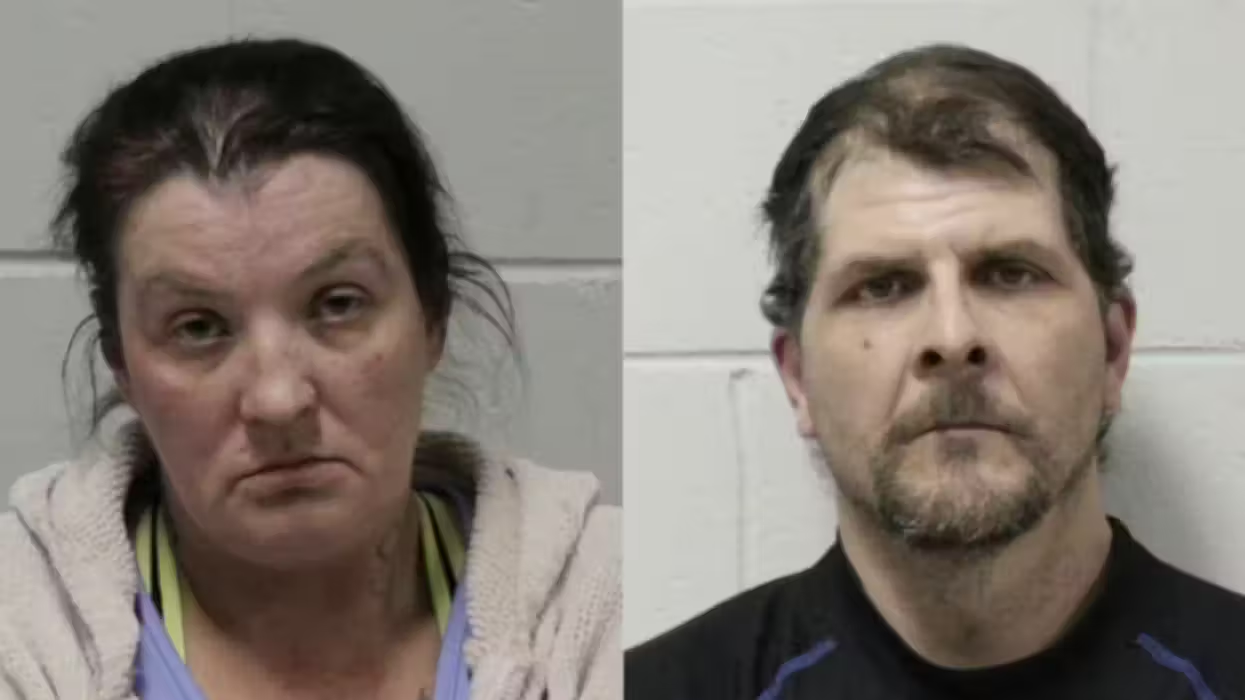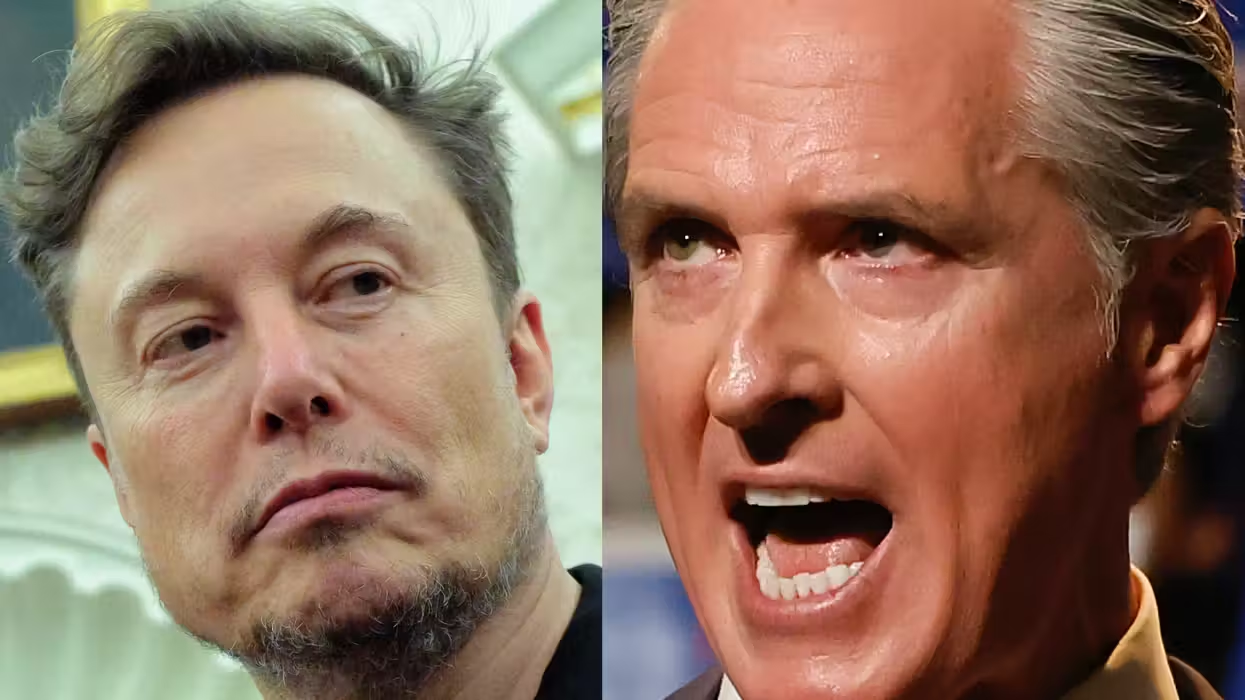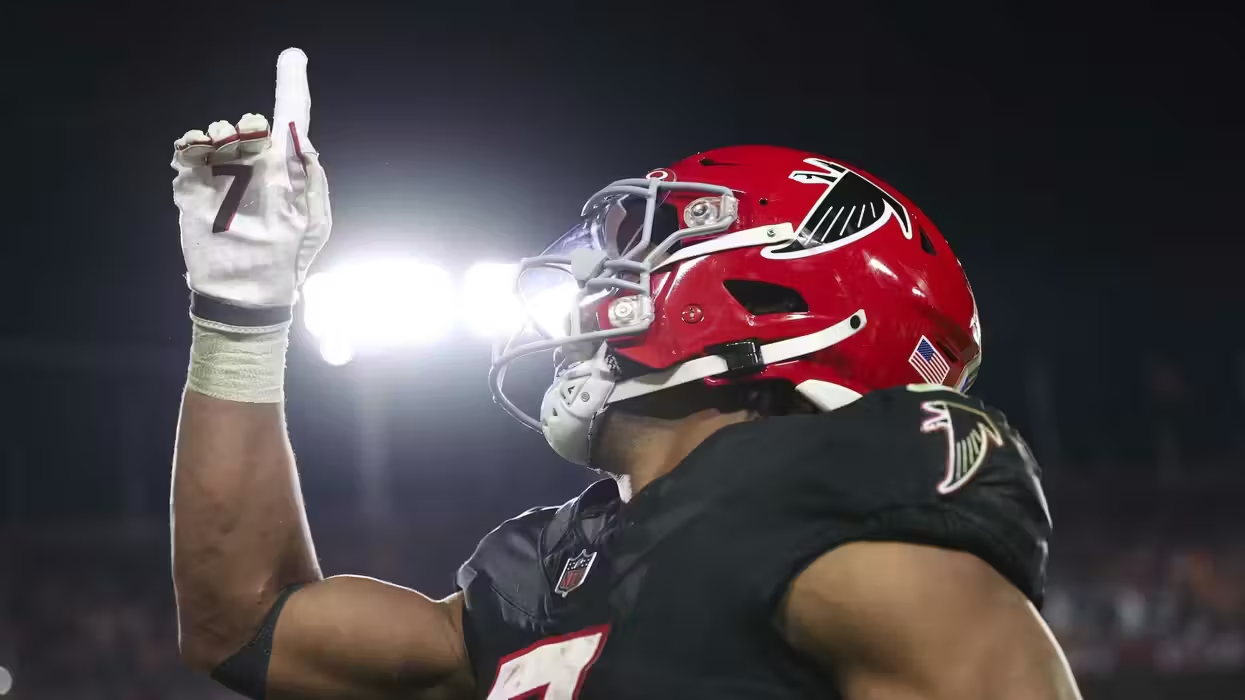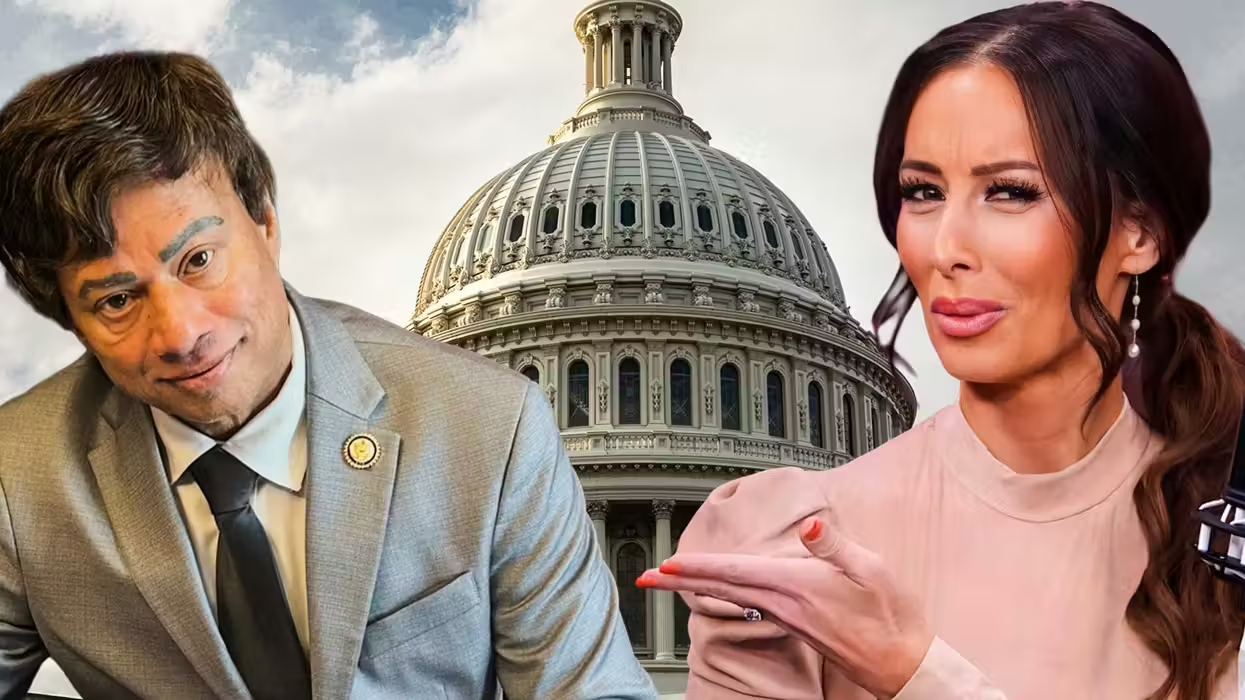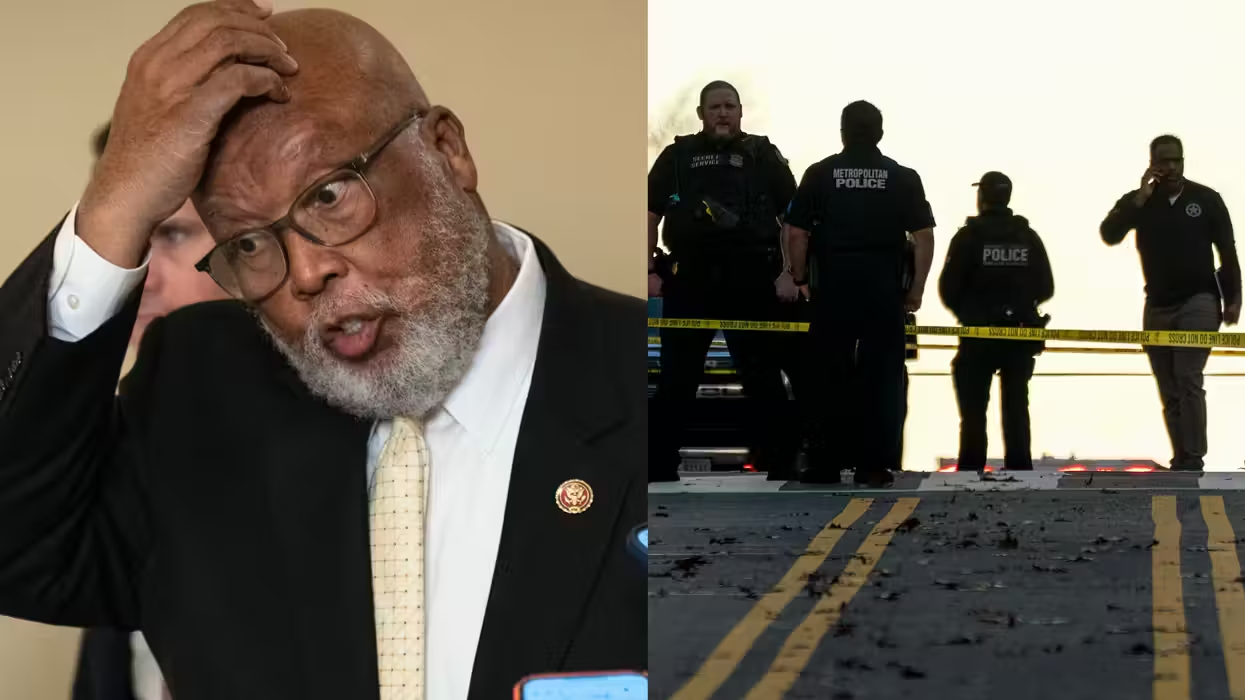Rep. Diane Black (R-Tenn.) this week blasted the Obama administration for making incorrect insurance subsidy payments to people signed up for Obamacare — a problem that she predicted last year, and one that the House tried to fix by passing legislation that died in the Senate.
Black was reacting to a Washington Post report that said more than 1 million Americans may be getting health insurance subsidies that are too high or too low. According to that report, the government is unable to fix the problem.
 According to the Washington Post, the government is unable to verify people's incomes for the purpose of determining Obamacare subsidies. (AP Photo/Susan Walsh, File)
According to the Washington Post, the government is unable to verify people's incomes for the purpose of determining Obamacare subsidies. (AP Photo/Susan Walsh, File)
Under the law, people can report their income level to the federal government or any state running its own insurance exchange, to see if they qualify for health insurance subsidies. But the report said officials don't have the ability to verify those income levels easily and quickly, as no computer application for doing so has been built.
As a result, subsidy payments may be too high or too low, and the government has no way of knowing at this point. The Post story said officials will start to work on the problem by hand, later this summer.
Last year, House Republicans warned about this very problem of income verification. In July 2013, the Department of Health and Human Services issued a rule that gave states flexibility as they worked to determine whether people were entitled to insurance subsidies.
Under that rule, states were allowed to use random sampling to check whether the income levels people report match up with what the government knows about their income. That meant not every person had to have their income verified.
At the time, the Obama administration said even if people were not chosen as part of the random sample, the IRS would eventually be able to verify their income. Many House Democrats made this argument, and said the final IRS check would allow the government to seize any subsidy overpayments made to people using an Obamacare exchange.
But in light of the Post report, it appears the government does not yet have the ability to verify income levels at all. Black called the problem the "predictable result" of the administration's decision to rush the implementation of the law.
"We knew that paying out subsidies without first confirming that someone was eligible would become a nightmare for American taxpayers, and these reports confirm our concerns," she said. "Not only are taxpayers potentially on the hook for billions of dollars in fraudulent subsidy claims, but honest Americans who merely make a mistake filling out Obamacare forms might now he hounded years later for back taxes.
"This is completely unnecessary and why we in the House passed my legislation to protect hard working American taxpayers from President Obama's reckless decision to move forward with implementation of Obamacare at any cost."
Last September, the House passed the No Subsidies Without Verification Act, with the help of five Democrats. But as expected, the Democratic Senate did not consider the bill at all after the House approved it.
Black is one of five GOP cosponsors of legislation introduced this week that would require states to pay back any federal money used to launch a state-based insurance exchange that later fails.
The House bill is similar to a bill that Sen. John Barrasso (R-Wyo.) introduced last week.

 According to the Washington Post, the government is unable to verify people's incomes for the purpose of determining Obamacare subsidies. (AP Photo/Susan Walsh, File)
According to the Washington Post, the government is unable to verify people's incomes for the purpose of determining Obamacare subsidies. (AP Photo/Susan Walsh, File)

